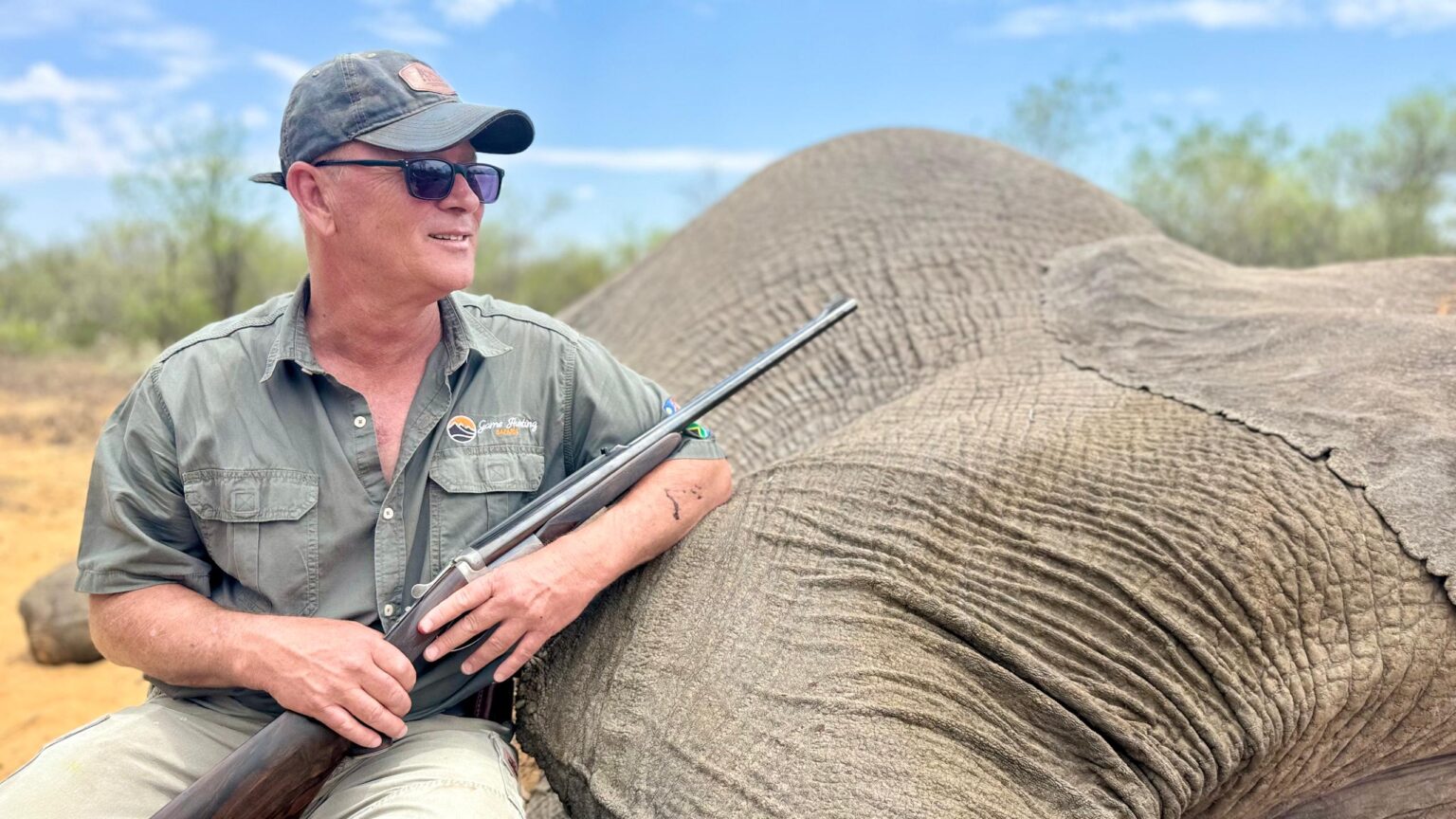Game hunting, a term rooted in tradition, refers to the pursuit of wild animals for sport or sustenance. The word “game” originates from the Middle English “gamen,” symbolizing a form of recreation. Over time, game hunting has evolved into a practice that varies by region, species, and purpose, often focusing on animals prized for their meat, fur, or other traits.
In the United States, game hunting is categorized by the size of the animal—small game typically weighs under 40 pounds, while big game includes larger species like bears, deer, and even alligators in certain regions. This activity not only connects us to nature but also reflects a deep cultural and historical significance. Whether it’s tracking elusive cougars in Montana or navigating Florida’s wetlands, game hunting offers a unique blend of challenge and tradition. Understanding its meaning helps us appreciate its role in wildlife management and outdoor heritage.
[DYNAMIC-BLOGTABLEOFCONTENT]
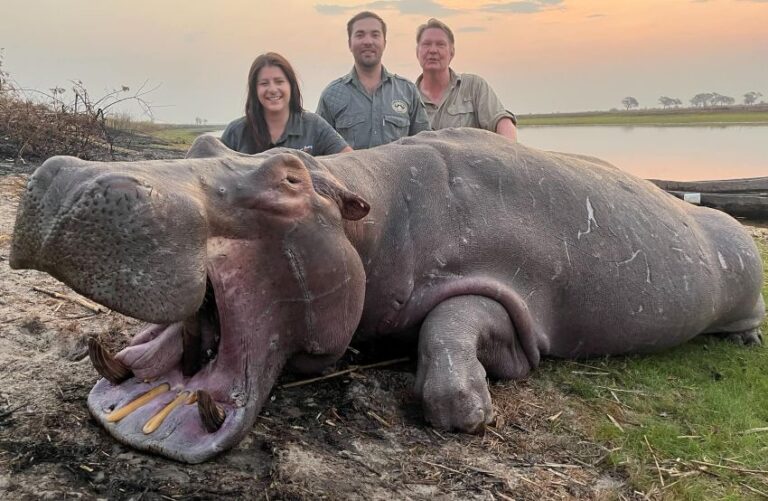
Key Takeaways
-
Game hunting refers to the pursuit of wild animals for sport, recreation, or sustenance, with practices varying by region, species, and cultural significance.
-
It is typically categorized into small game, targeting lighter animals like rabbits and birds, and big game, involving larger species such as elephants, lions, and buffalos.
-
Game hunting has deep historical roots, evolving from survival practices to recreational and conservation-focused activities across centuries.
-
Controversies surround game hunting, including its ecological impact, ethical considerations regarding animal welfare, and potential risks of overexploitation.
-
When regulated, game hunting contributes to wildlife conservation, supporting habitat preservation, population control, and local economies through fees and permits.
-
Balancing ethical concerns with sustainable practices remains critical to ensuring hunting benefits ecosystems while respecting animal welfare.
Understanding Game Hunting
Game hunting refers to the pursuit of wild animals, classified as game, for sport, recreation, or sustenance. It often connects individuals to the natural environment while contributing to wildlife management and conservation efforts.
Definition and Context
Game hunting encompasses a wide range of activities involving specific animals pursued for leisure or food. It divides into categories based on the size of the animal—small game like rabbits and large game, often termed big game. African big game hunting, for instance, includes iconic species like elephants, lions, and leopards. These hunts are integral to the concept of big 5 in Africa, as these species represent the pinnacle of game hunting challenges.
The activity serves a dual role: as a cultural tradition and a regulated practice for population control and ecosystem balance. In Africa, hunting safaris offer hunters opportunities to experience regulated activities such as leopard hunting or buffalo hunting while contributing to conservation programs.
Historical Background
Game hunting has roots tracing back thousands of years, initially practiced as a means of survival. Over time, it evolved into ceremonial and sport-related activities, particularly in aristocratic societies. During the colonial era, hunting safaris gained popularity, attracting enthusiasts eager to explore exotic game hunting destinations in Africa.
In contemporary times, game hunting in Africa includes activities like crocodiles hunting or elephant hunting, structured under strict policies safeguarding animal populations. Licensed packages such as elephant hunting listings or baboon hunting packages ensure environmental sustainability while offering controlled access to Africa’s wildlife heritage.
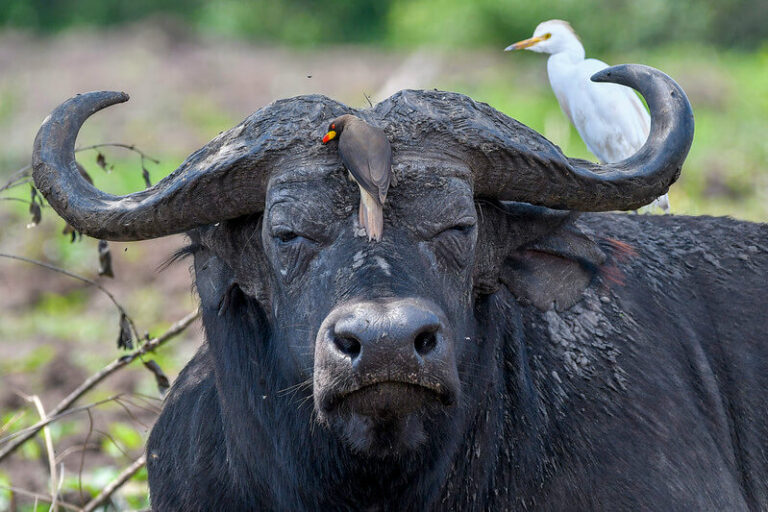
Types of Game Hunting
Game hunting provides hunters opportunities to experience the pursuit of diverse wildlife species. Depending on the animal types and hunting conditions, game hunting falls into specific categories.
Big Game Hunting
Big game hunting involves larger and often iconic species. In Africa, this includes the “Big 5“: Elephant, Lion, Leopard, Rhinoceros, and Cape Buffalo. These hunts demand skill, patience, and proper preparation. For instance, leopard hunting in Africa is known for its difficulty due to the leopard’s elusive nature, while elephant hunting requires substantial expertise and precision.
We offer African big game hunting experiences tailored to each hunter’s preference. With options like buffalo hunting packages in exclusive locations and leopard hunting packages near conservation zones, these pursuits align with sustainable wildlife management objectives. For more adventurous hunters, crocodiles hunting provides an alternative challenge in riverine areas.
Small Game Hunting
Small game hunting targets lighter and more agile animals. Examples include baboons, warthogs, and various bird species, each presenting unique challenges. Baboon hunting, often overlooked, attracts hunters interested in diverse trophies and tracking skills. Baboon hunting packages, typically set in dense savannah landscapes, offer memorable encounters for hunters of all levels.
This type of hunting emphasizes adaptability, as smaller animals, like certain birds or primates, require different strategies than big game. Game hunting destinations prioritizing small game provide tailored experiences with essential guidance for navigating these environments efficiently.
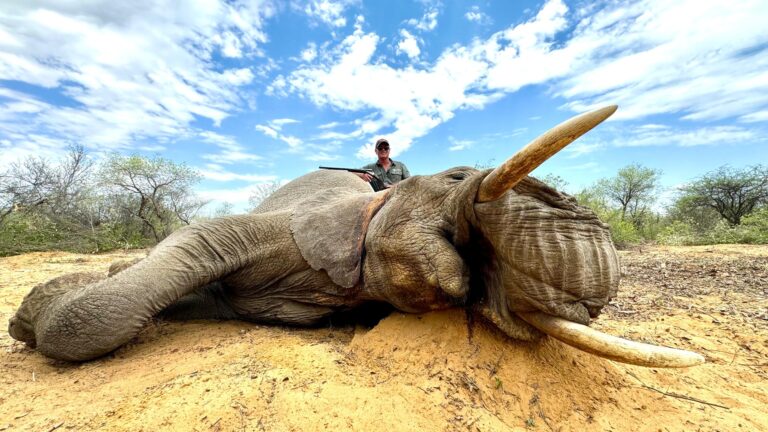
Controversies and Ethical Considerations
Game hunting, particularly in Africa, raises debates centered on environmental, ethical, and social dimensions. These issues stem from differing perspectives about wildlife conservation, animal rights, and hunting’s socio-economic impact.
Conservation vs. Exploitation
Game hunting offers both benefits and challenges in conservation. On one hand, regulated activities like African big game hunting contribute to species preservation and habitat protection. For example, controlled leopard hunting in Africa supports local economies and finances anti-poaching initiatives. Permits and Big 5 African game packages are often designed to sustain wildlife populations by prioritizing mature or surplus animals.
On the other hand, some argue that hunting risks exploitation. Overhunting and illegal practices can threaten vulnerable species, including elephants and lions. Mismanagement of hunting funds in certain regions raises concerns about corruption and lack of reinvestment in conservation. Without strict enforcement, the line between conservation and exploitation becomes blurred.
Animal Rights and Welfare
Animal welfare plays a pivotal role in the ethics of game hunting. Critics highlight the suffering caused by tracking and killing animals, such as buffalo hunting or hippo hunts. Concerns revolve around the humane treatment of wildlife during pursuits. Although professional hunting safaris aim for quick, clean kills, mistakes can result in prolonged pain, violating animal welfare principles.
Supporters of regulated hunting argue that it funds initiatives benefiting overall species health. For instance, permits for animals like lions or giraffes often ensure funds go to preserving their ecosystems. Additionally, hunting bans in certain areas have inadvertently led to habitat loss, as landowners revert to other forms of revenue. Balancing ethical treatment of animals with the broader ecological benefits remains a constant challenge.
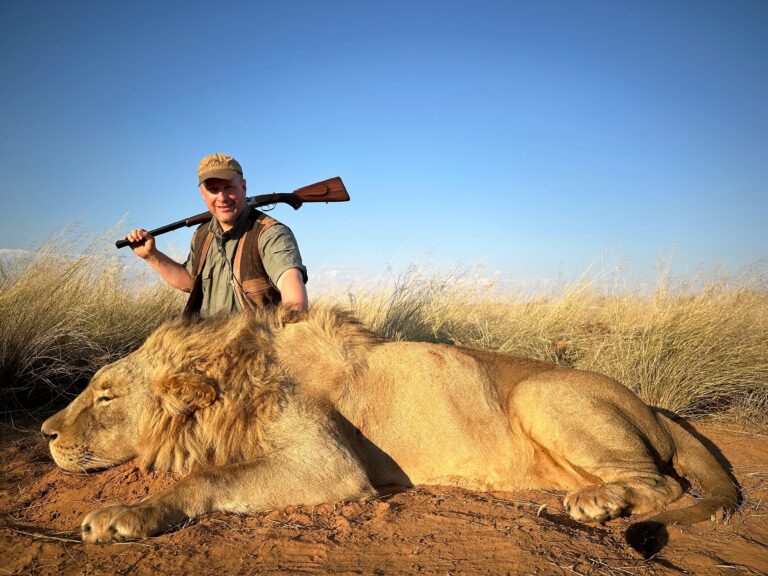
Role of Game Hunting in Conservation
Game hunting plays a critical role in wildlife conservation, particularly in regions like Africa. While some question its ethics, regulated hunting supports biodiversity, population balance, and habitat protection across ecosystems.
Habitat Preservation
Revenue from game hunting directly contributes to conserving natural habitats. Many game reserves and national parks depend on hunting fees to fund anti-poaching patrols, maintain infrastructures, and promote ecological stability. For instance, African big game hunting aids the preservation of large landscapes essential for species like elephants, lions, and leopards.
Protecting habitats benefits not only iconic species but also lesser-known animals, birds, and plants living under the same ecological umbrella. Without financial incentives tied to sustainable game hunting, these unique areas might face deforestation, illegal poaching, or conversion to agricultural land. Hunting safari programs in Africa often incorporate conservation taxes, ensuring a portion of proceeds go toward safeguarding these critical environments.
Population Management
Regulated hunting programs are essential for controlling animal populations within ecosystems. Overpopulation of certain species, such as elephants or buffalos, can lead to habitat degradation and disrupt the survival of other wildlife. By establishing strict quotas and monitoring hunting activities, authorities prevent long-term ecological strain while maintaining species diversity.
Big game hunting in Africa also helps address specific conservation challenges. For example, in some regions, hunting leopards or lions reduces human-wildlife conflict, particularly in communities near game reserves. These controlled hunts align with conservation plans designed to balance predator-prey dynamics and sustain healthy ecosystem functioning.
While hunters often pursue species listed under African big game hunting activities, such as buffalos, giraffes, and baboons, strict regulations and permitting ensure no species is exploited. Additionally, revenue generated from hunting packages, including leopard or elephant hunting listings, supports wildlife monitoring initiatives and restoration projects.
By addressing habitat preservation and population control collaboratively, game hunting underscores its value as a conservation tool when implemented ethically and sustainably.
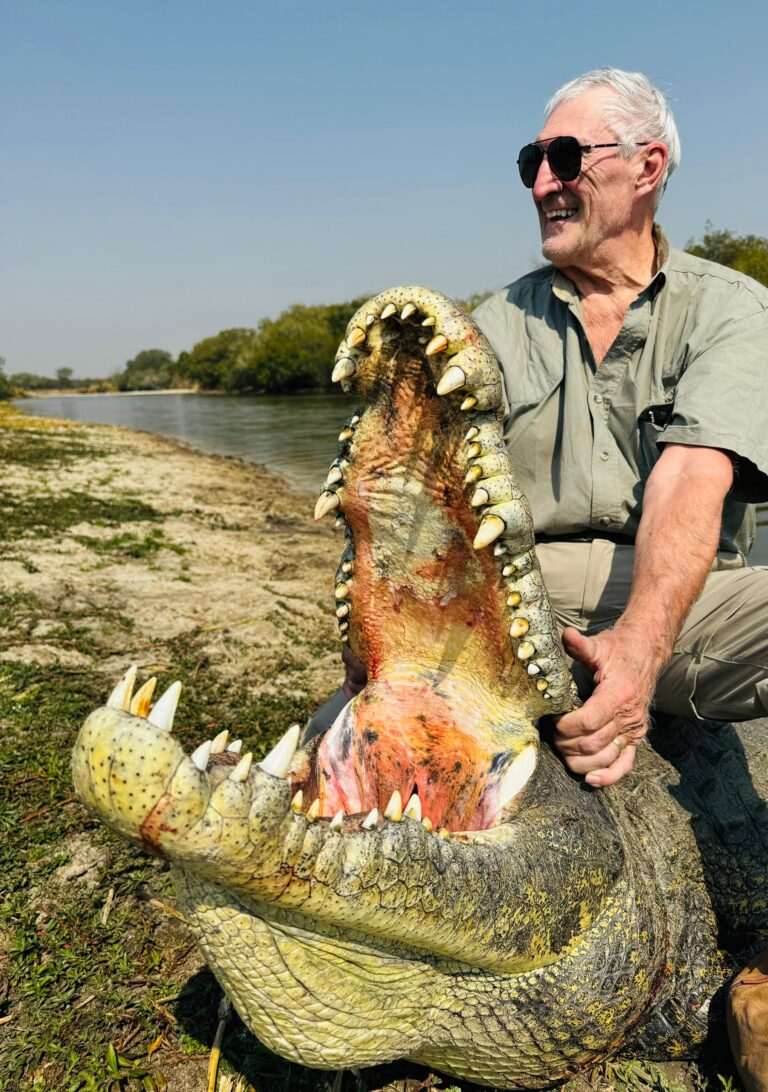
Conclusion
Game hunting represents a complex intersection of tradition, recreation, and conservation. Its role extends beyond the pursuit of animals, contributing to wildlife management, cultural heritage, and ecological balance when practiced responsibly. While it continues to spark ethical debates, regulated hunting provides opportunities to support biodiversity and protect natural habitats. By understanding its multifaceted impact, we can ensure that game hunting remains a sustainable practice aligned with both conservation goals and ethical considerations.
Frequently Asked Questions
What is game hunting?
Game hunting refers to the pursuit of wild animals, either for sport or sustenance. It typically involves specific animals hunted for their meat, fur, or population management. Game hunting is often classified by the size of the animal, such as small game (like rabbits) and big game (like lions or elephants).
What is the significance of game hunting?
Game hunting plays a dual role: it serves as a cultural tradition and contributes to wildlife conservation and population control. When regulated, it supports biodiversity, habitat protection, and ecological balance while fostering a connection to nature.
What is the difference between small game and big game hunting?
Small game hunting targets smaller animals like rabbits, squirrels, and birds, requiring adaptability and precision. Big game hunting focuses on larger species such as elephants, lions, or buffalo, often demanding greater preparation, skill, and resources.
What are the “Big Five” in game hunting?
The “Big Five” in game hunting refers to five iconic African animals: Elephant, Lion, Leopard, Rhinoceros, and Cape Buffalo. These animals are known for being challenging to hunt and are highly valued in the hunting community.
How does game hunting contribute to conservation?
Regulated game hunting generates revenue that supports wildlife conservation efforts, including habitat preservation, anti-poaching patrols, and funding for national parks. It also helps manage animal populations, preventing overpopulation that may harm ecosystems.
Why is game hunting controversial?
Game hunting faces criticism due to ethical and environmental concerns. Overhunting, illegal practices, and animal welfare issues are key points of contention. However, regulated hunting can fund conservation efforts, highlighting the complexity of the debate.
Is hunting for sport ethical?
The ethics of hunting for sport depend on perspective. Critics argue it causes unnecessary suffering, while proponents note that regulated hunting funds conservation programs and ensures sustainable wildlife management when done responsibly.
How has game hunting evolved historically?
Game hunting began as a survival activity and later became a ceremonial tradition and sport, especially in aristocratic societies. Hunting safaris in colonial eras popularized the practice, while modern game hunting often prioritizes conservation and ecosystem management.
What animals are commonly hunted in small game hunting?
Small game hunting includes animals like rabbits, squirrels, pheasants, and waterfowl. These hunts often require versatility from hunters due to the diverse environments and behaviors of the targeted species.
How can game hunting be sustainable?
Game hunting can be sustainable through strict regulations, quotas, and ethical practices. This includes carefully managing animal populations, ensuring species preservation, and reinvesting profits in conservation efforts and local community support.
